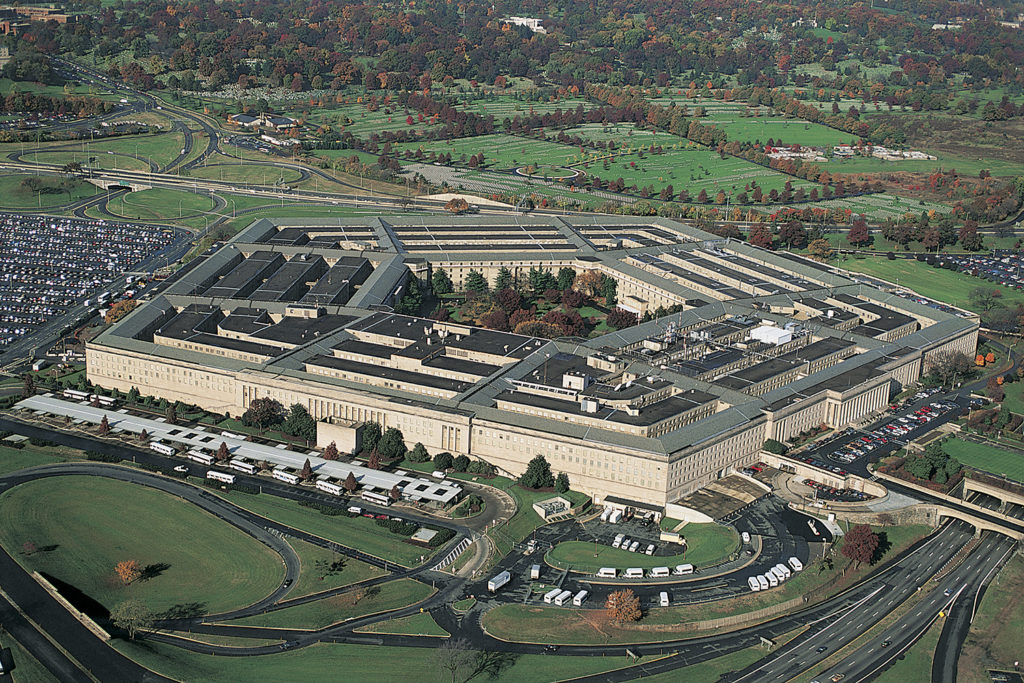
Updated: Dec. 20, 2019
The $738 billion defense bill passed by Congress on Tuesday includes a provision allowing electric cooperatives that provide power to military bases or nearby communities to qualify for grants to improve their plants, transmission lines and other infrastructure.
The Senate voted 86-8 to approve the National Defense Authorization Act, which empowers the Pentagon to spend money in fiscal year 2020. The House passed the bill 377-48 on Dec. 11. President Trump has signed it into law.
The co-op provision contained within the sweeping bill amends the definition of “community infrastructure” to permit co-ops to participate in the Defense Community Infrastructure Pilot Program. Previously, only states and local governments could qualify for grants from the program, which is designed to boost the resiliency of military installations and surrounding communities by improving utilities, roads, schools and other important infrastructure.
Rep. Xochitl Torres Small, D-N.M., who championed the co-op provision, said co-ops “are a vital partner to the military installations they serve” and need access to the Defense Department grants to help ensure they stay that way.
“We will hinder the readiness and resiliency of those installations if we do not provide co-ops with the same resources to maintain and upgrade their electrical infrastructure,” the congresswoman said at a House hearing earlier this year.
Co-ops serve more than 90 military bases and other DOD facilities in 38 states, according to NRECA research. They also own, operate and maintain the electric distribution grid at 24 military installations—bases and other facilities—through their utility privatization contracts. Nearly a third of the Army and Air Force utility privatization contracts for electricity are held by co-ops.
The final defense bill fails to include another NRECA priority: the USE IT Act. That legislation would have made it easier for co-ops to get federal approval for carbon capture, utilization and sequestration projects to reduce the amount of carbon dioxide in the atmosphere. The original Senate version of the bill included the USE IT Act, but it was removed during negotiations between the Senate and House that produced the final compromise.
Basin Electric Power Cooperative CEO Paul Sukut told a Senate panel in February that the USE IT Act would help co-ops develop technology to capture CO2 emissions from coal-fired power plants and turn them into useful products. The bill’s sponsors plan to continue to push for the legislation’s passage in this session of Congress.
The defense bill also eliminates the current Electromagnetic Pulse (EMP) Commission—an action that NRECA supports.
It largely codifies an executive order issued by Trump in March calling for a government-wide effort to prepare for and mitigate the national security threat from EMPs and geomagnetic disturbances, known as GMDs. It also calls for the government to work with electric utilities and other industries to address potential threats.
EMPs are caused by the detonation of a nuclear device miles above the Earth and can affect electronics within its impact area. GMDs can be caused by solar flares hitting the Earth, primarily affecting the electric and telecommunication sectors if the flares’ currents travel along the utility wires.
Erin Kelly is a staff writer at NRECA.